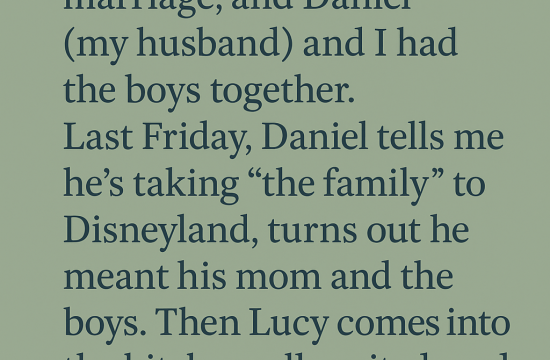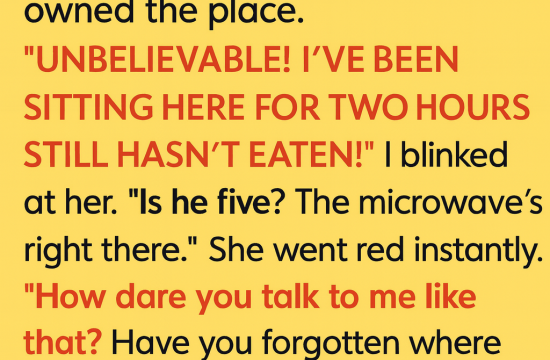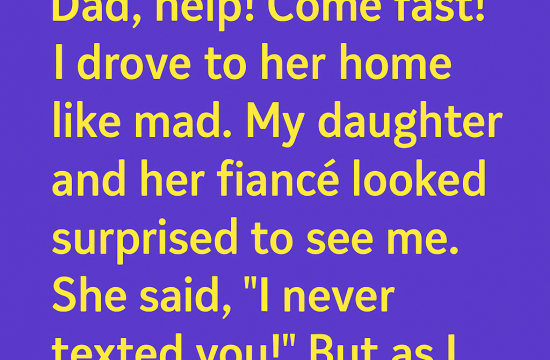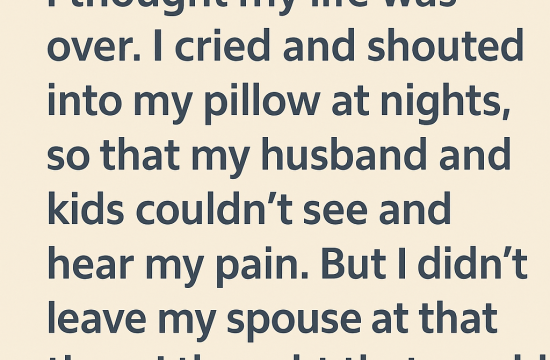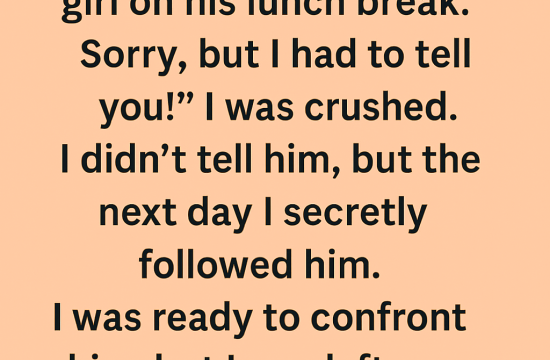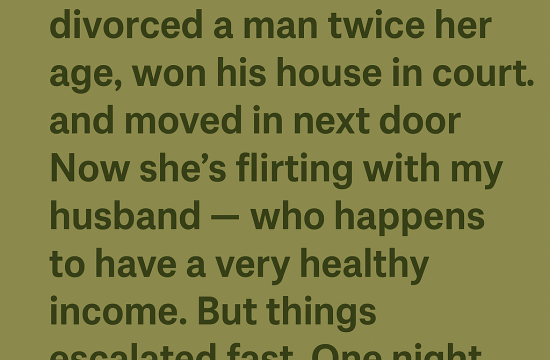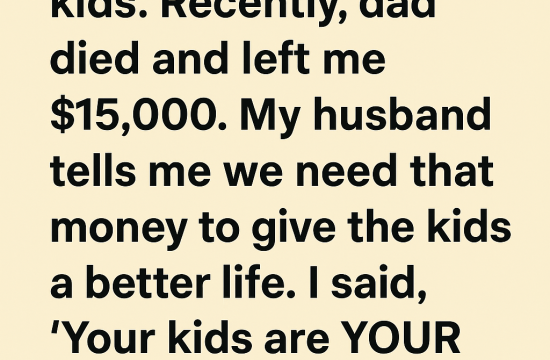Carla sat at her desk, staring out the window, savoring the rarest of luxuries—a moment of complete silence. When you work with children, silence is never routine; it’s a fleeting gift.
She smiled faintly. Carla loved her job. She loved children with a tenderness that cut deeper because she couldn’t have her own—not anymore.
The peace didn’t last. A few minutes later, the first students began pouring into the classroom. The hush dissolved into chatter, laughter, and the sound of chairs scraping against the floor. The room transformed into its usual whirlwind of energy. For most people, it was chaos. For Carla, it was the comforting rhythm of her life.
Today, however, her mind wasn’t on the lesson plans spread across her desk. A new exchange student was arriving, and new students always made the air hum with tension—for the children, for the teachers, and especially for the new arrival.
When the bell rang, Carla stood before her students, ready to begin. But before she could utter a word, the principal stepped in, ushering in a tall girl with sharp eyes and an impatient expression.
“This is Liliana,” the principal announced. “She’s joining us from Spain. Please make her feel welcome.”
Liliana—Lily, as she introduced herself—spoke in a flat, disinterested voice. She mentioned her parents had adopted her as a baby, that she was here for six months with her aunt, and that she liked swimming. She didn’t smile. She didn’t seem eager to impress. She just wanted the introductions to end.
Carla nodded, responding with her usual warmth, but then her breath caught.
As Lily moved to sit down, Carla noticed a birthmark on her neck—a delicate crescent moon, curved just so. Her heart slammed in her chest.
No. It couldn’t be.
Her voice trembled as she asked, “Lily, have you had that birthmark since birth?”
The girl looked puzzled. “Yeah. Always.”
Carla’s hand flew to her mouth. The walls of the classroom seemed to close in. She couldn’t breathe. Without explanation, she rushed out, leaving behind thirty confused students.
Fourteen Years Earlier
Carla was just sixteen, cradling her newborn daughter in a hospital bed. She whispered promises into the baby’s tiny ear. “We’ll be just fine. You’re my special girl.” She traced the crescent-shaped mark on her neck with awe.
And then her mother walked in. Rose. Stern. Unyielding.
“Don’t get too attached,” Rose said coldly, plucking the baby from Carla’s arms.
“What are you doing? She’s mine!” Carla cried.
“You’re sixteen. You don’t get to ruin your life over this mistake. I’ve arranged adoption with a good family in Europe.”
Carla screamed, begged, clawed the air—but her mother walked out with the baby. That was the last time she saw her.
She searched for years, but Rose never gave her the adoptive parents’ names. Later, when doctors told Carla she could never have children, the grief doubled. It ended her marriage, left her hollow. Only her students filled the void.
Until today. Until Lily.
Back to the Present
Carla wept in the restroom, her tears smearing her makeup. She tried to steady herself, but her mind spun: her daughter was here, in her classroom.
Later, she opened Lily’s student file, her eyes finding the parents’ email. With trembling hands, she wrote:
“Fourteen years ago, I gave birth to a baby girl taken from me. I believe that child is Lily. I recognized her by the crescent birthmark. Please let me tell her the truth.”
She pressed send.
Hours crawled by until a reply appeared.
“We understand your situation, but you have no right to tell Lily. If you do, we will transfer her to another school.”
Carla stared at the screen, broken. The weight of her mother’s betrayal crushed her all over again. She curled over her desk and sobbed, knowing she had found her daughter only to lose her once more.
But the next day, Lily lingered after class. Holding a book from Carla’s reading list, she said, “I read it. Can we talk about it?”
Carla’s throat tightened, but she forced a smile. “Of course.”
They sat together, talking about characters and choices and friendship. And though every fiber of Carla ached to say, I am your mother, she knew she couldn’t.
Instead, she let herself soak in this moment—the sound of Lily’s voice, the spark in her eyes. Maybe she couldn’t be her mother. But she could be her teacher, her mentor, her quiet presence. And perhaps, in these small ways, she could still love her from near instead of far.
Carla realized: she hadn’t lost her daughter completely. She had been given a second chance, though not the one she dreamed of.
And for now, that had to be enough.




